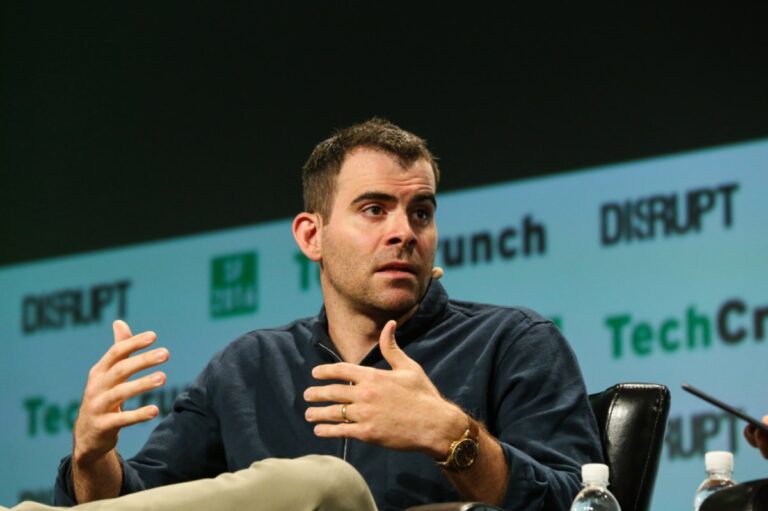Anthropic CEO: DeepSeek Demonstrates Success of US Export Regulations
In a recent essay, Dario Amodei, CEO of Anthropic, shared his insights on the implications of Chinese AI company DeepSeek’s success for U.S. export controls on AI chips. This discussion raises important questions about the effectiveness of these export regulations and their impact on the competitive landscape of artificial intelligence.
Dario Amodei’s Perspective on AI Export Controls
Amodei, who co-authored an op-ed advocating for stronger export controls with former U.S. Deputy National Security Adviser Matt Pottinger, argues that current regulations are hindering the progress of Chinese companies like DeepSeek. He points out that, when compared to the strongest U.S.-produced AI models, DeepSeek’s offerings are not as advanced, especially when considering the timeline of their release.
DeepSeek’s AI Model Comparisons
In his essay, Amodei mentions that “DeepSeek produced a model close to the performance of U.S. models 7-10 months older, for a good deal less cost.” However, he clarifies that the cost savings are not as significant as some have suggested. He emphasizes:
- DeepSeek’s flagship model, DeepSeek V3, was trained recently, while Anthropic’s Claude 3.5 Sonnet finished training about 9 to 12 months ago.
- Despite the advancements by DeepSeek, Sonnet still leads in various internal and external evaluations.
- U.S. companies continue to achieve cost reductions, similar to trends seen in the AI industry.
The Future of U.S.-China AI Competition
Amodei foresees a pivotal moment for AI export policies, particularly with the potential shift in administration. The outgoing Biden administration imposed new restrictions on hardware exports, which are set to take effect soon. This could change depending on the direction the Trump administration takes regarding these policies.
Possible Outcomes of Export Policies
Amodei outlines two potential scenarios:
- If Trump strengthens export rules and restricts China’s access to AI chips, the U.S. could maintain a significant lead in AI development.
- Conversely, if restrictions are not enforced, China may redirect resources toward military applications of AI, leveraging its industrial base and strategic advantages.
Amodei stresses that the objective is not to deprive China or any authoritarian regime of the benefits of AI, but rather to mitigate the risks of military superiority through advanced AI technologies.
Recent Developments and Concerns
Amodei’s stance appears to align with broader sentiments expressed during a recent Senate hearing, where billionaire Howard Lutnick, a nominee for commerce secretary, accused DeepSeek of intellectual property theft. Lutnick criticized the current export control framework, stating:
“What this showed is that our export controls, not backed by tariffs, are like a whack-a-mole model. Chinese tariffs should be the highest.”
As commerce secretary, Lutnick would be instrumental in implementing Trump’s proposed tariffs and export policies, which could significantly affect U.S. competitiveness in the AI sector.
Calls for Action from Industry Leaders
Furthermore, OpenAI, a key competitor to Anthropic, has echoed the need for proactive measures from the Trump administration to safeguard U.S. leadership in AI. In a policy document, OpenAI warned that failing to attract essential global investments could result in funds flowing to China-backed projects, thereby enhancing the influence of the Chinese Communist Party.
For more insights on AI export controls and their implications, visit Anthropic’s official website or read about OpenAI’s initiatives.







